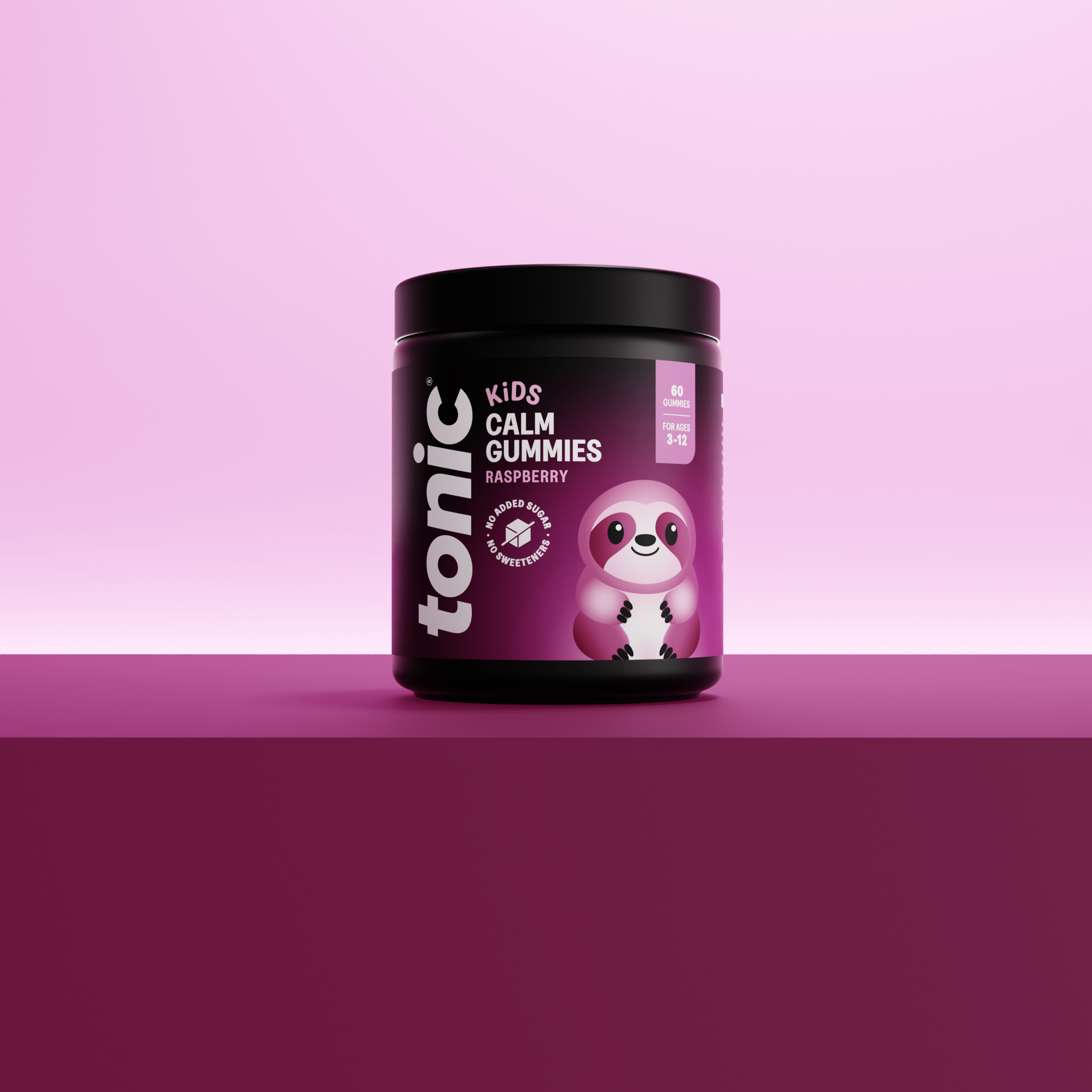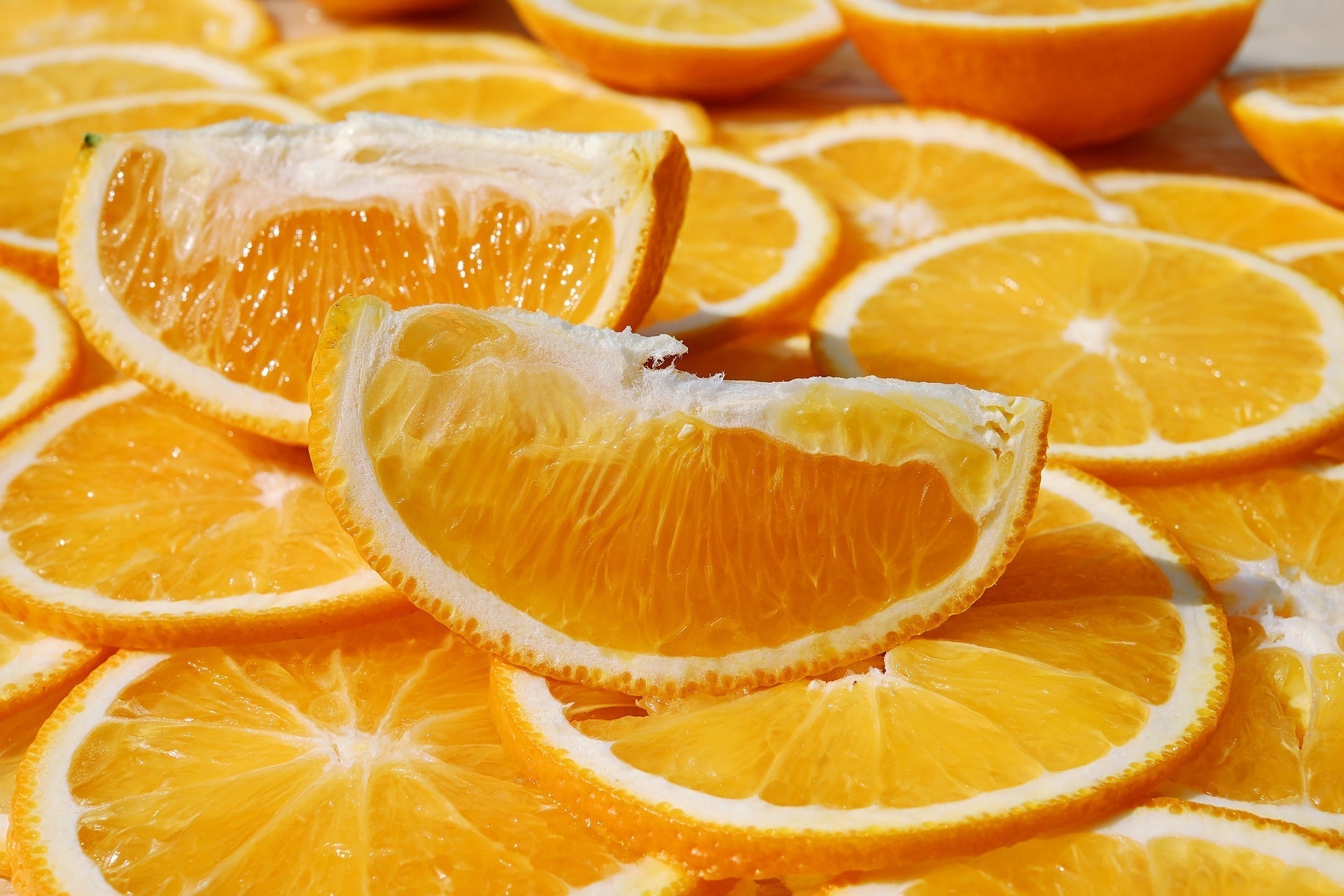The immune system is a complex system that protects and defends the human body from damage from other organisms or substances from the outside environment. It is made up of a network of cells, tissues, and organs which work together to defend against pathogens. These come in the form of viruses, or bacteria which is when the immune system works it’s magic by neutralising the threat and removing them from the body.
One of the important parts of the immune system is differentiating between our own healthy cells and foreign cells or substances. The immune system is activated by antigens, which are usually proteins on the surfaces of bacteria, viruses and fungi, and this activates a cascade of cellular processes which brings varying cells of the immune system into action.
There are two parts to the immune system – the innate (non-specific) and the adaptive (specific) systems. The innate system is more like a general defence system which works against bacterial infections using killer cells. The adaptive system is a learnt defence system which deals with pathogens that the body has already learnt to defend against using anti-bodies. The two systems work together and in conjunction to defend against pathogens and harmful substances.
The technicalities of the immune system are more than we can explain without sharing 10,000 words of a medical student’s text book but there are some amazing cells in our immune system which work together to protect us from cold and flu viruses, particularly in the winter months when these are everywhere:
Leukocytes (white blood cells)
These are the ones we know, but did you know these can be differentiated in several ways:
- according development (innate OR adaptive)
- Where they are made (myeloid OR lymphoid)
- their site of maturation (thymus—T cells OR bone marrow—B cells)
- their site of primary action (e.g. in lymph nodes OR. peripheral tissues—effector memory and effector T cells)
- their antigen specificity (unspecific OR specific)
- their function
Natural killer cells
A type of lymphocyte which is part of the innate immune system which work to contain viral infections.
Macrophages
A type of white blood cell which engulfs and destroys (eats) harmful organisms such as bacteria and foreign matter.
Antigen presenting cells (APC)
Immune cells that mediate the immune response by processing and presenting antigens (special proteins) to T cells to begin an immune response. This includes dendritic cells, macrophages and B cells.
Cytokines
Cytokines are signalling molecules that mediate and regulate our immune systems to act against infection and inflammation.
Phagocytosis
This is the engulfing (eating) of pathogens and then killing them internally.
Antioxidants
These molecules can prevent or slow damage to cells caused by free radicals. Free radicals are unstable molecules that the body produces as a reaction to environmental and other stress.
The complexities of the immune system are a magnificent piece of human biology that helps keep us healthy.
Written by Toral Shah. Toral Shah a Nutritional Scientist (MSc Nutr Med). She specialises in optimising health and disease prevention through improving food, diet and lifestyle. She uses evidence-based science knowledge along with lifestyle medicine and cooking skills to help support others to lead a healthier life by eating delicious and nutritious food.







Leave a comment
All comments are moderated before being published.
This site is protected by hCaptcha and the hCaptcha Privacy Policy and Terms of Service apply.